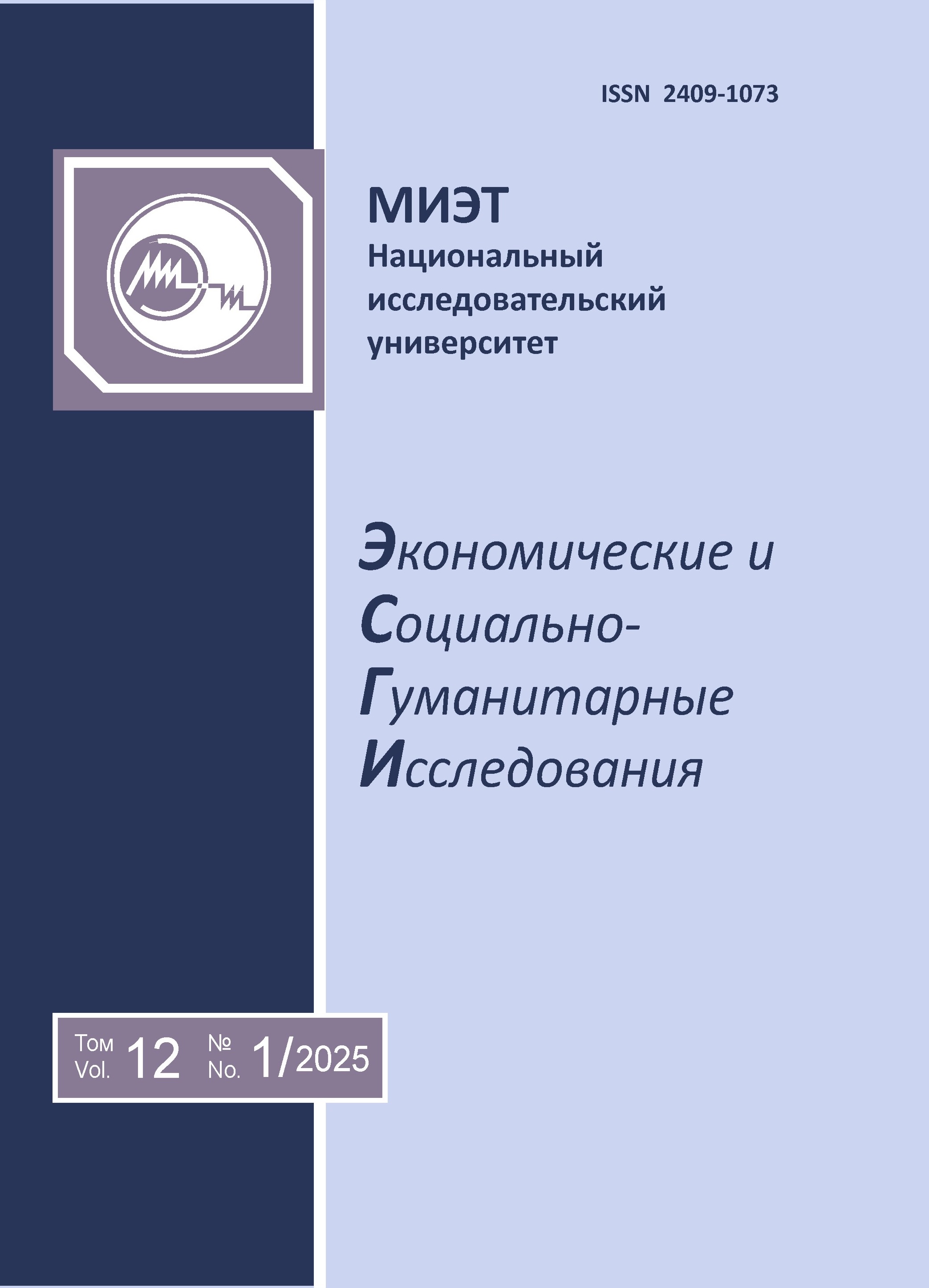employee
National Research University of Electronic Technology (the Institute of High-Tech Law, Social Sciences and Humanities, Professor)
employee
National Research University of Electronic Technology (Chair of Phylosophy, Professor)
employee from 01.01.1999 to 01.01.2023
Zelenograd, Moscow, Russian Federation
The author examines a cognitive shift in understanding the subject-object interaction that takes place in modern epistemology due to the development of cognitive technologies being an integral part of NBIC convergence. Special attention is paid to the philosophical concept of artificial intelligence. The author gives examples of fast development of artificial narrow intelligence and also of forthcoming so-called artificial general intelligence. It has been reasoned that the purpose of cognition under such circumstances is not the description of the objective reality, as the subjective shifts more and more to the artificial under the influence of modern technologies, but a definite arrangement of its subjective perception. It means the perfection of cognitive models allowing a subject to capture the reality. Such a supposition is completely confirmed by the autopoiesis concept by H. Maturana and F. Varela and the neurobiological constructivism by G. Roth. The author has concludes that the borders of a cognition subject are blurred as a result of erasing strict borders between natural and artificial.
cognitive technologies, artificial intelligence, subject, cognition, object, autopoiesis, closed system, neural network
1. Gutenev M. Yu. “The Identity of Artificial and Natural Intelligence”. Diskursologiya: metodologiya, teoriya, praktika 10 (2016): 123—134. (In Russian).
2. Danielyan N. V. Scientific Rationality and Constructivism. Moscow: MIET, 2014. 100 p. (In Russian).
3. Lebedev M. S., Belecky P. N. “Artificial Neural Network Inference on FPGAs Using Open-Source Tools”. Trudy ISP RAN = Proc. of the Institute for System Programming of the RAS 33.6 (2021): 175—192. (In Russian). https://doi.org/10.15514/ISPRAS-2021-33(6)-12
4. Lektorsky V. A. “Research of Intellectual Processes in Modern Cognitive Science: Philosophical Issues”. Estestvennyy i iskusstvennyy intellekt: metodologicheskiye i sotsial’nyye problemy. Ed. by D. I. Dubrovsky, V. A. Lektorsky. Moscow: Kanon+; ROOI “Reabilitatsiya”, 2014. 3—16. (In Russian).
5. Maturana Humberto, Varela Francisco J. Tree of Knowledge: The Biological Roots of Human Understanding. Forew. by J. Z. Young. Boulder, CO: Shambhala, 1987. 263 p.
6. Fomin S. V. Translation Editor’s Foreword. Problem-Solving Methods in Artificial Intelligence. By N. Nilsson. Transl. by V. L. Stefanyuk. Moscow: Mir, 1973. 5—6. (In Russian).
7. Chalmers David J. The Conscious Mind: In Search of a Fundamental Theory. Rev. ed. New York: Oxford Up, 1997. 432 p. Philosophy of Mind.
8. Roth G. Das Gehirn und seine Wirklichkeit: Kognitive Neurobiologie und ihre philosophischen Konsequenzen. Frankfurt a.M.: Suhrkamp, 1996. 384 S. (In German).
9. Searle J. R. “Minds, Brains, and Programs”. Behavioral and Brain Sciences 3.3 (1980): 417—424. https://do.org/10.1017/S0140525X0000575







